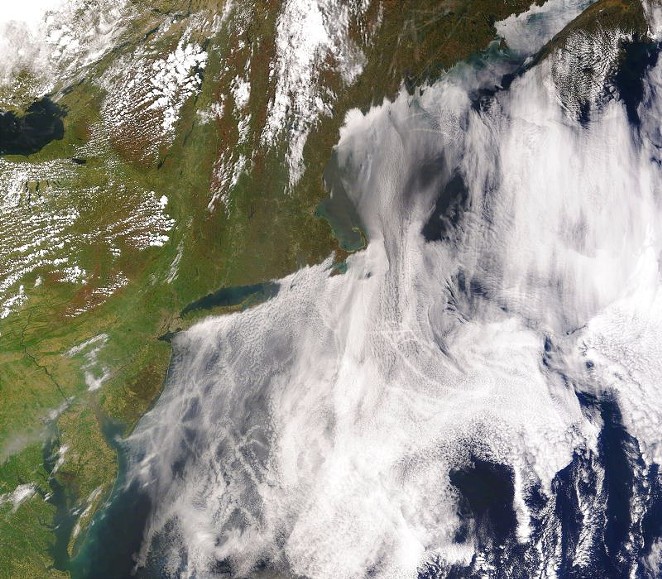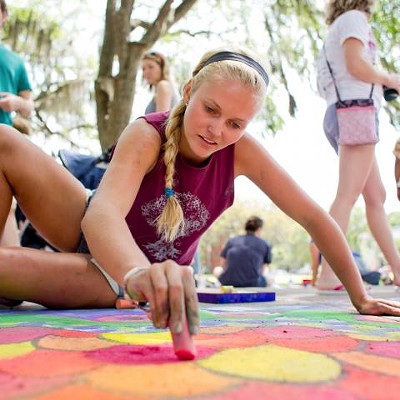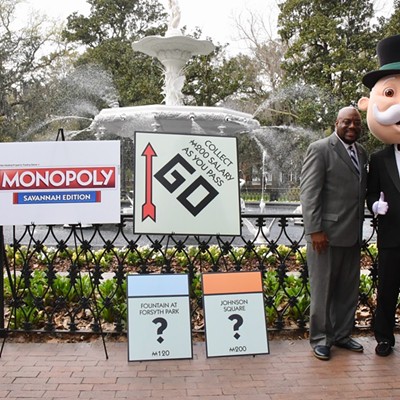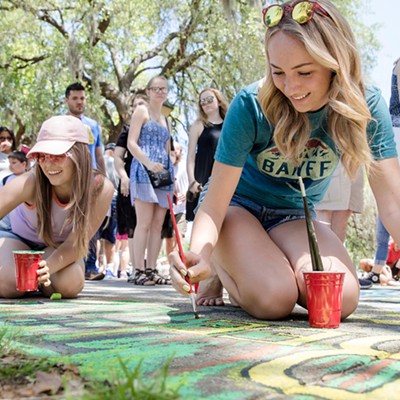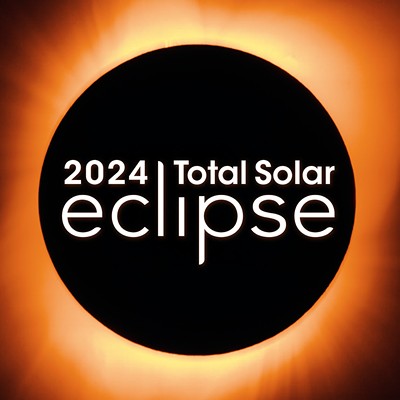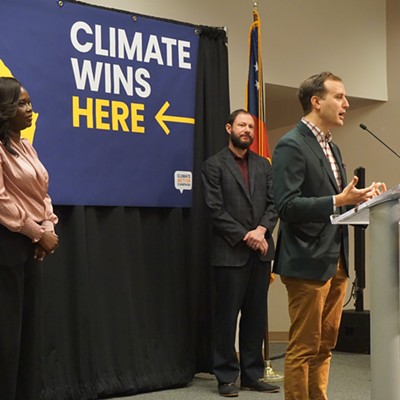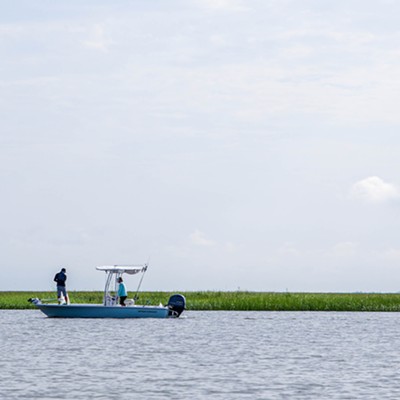CLIMATE CHANGE is a looming threat, but there’s still very little to no action being taken in Washington to combat this growing problem. Young people, who will bear the brunt of the change, are especially affected by this inaction.
Center for a Sustainable Coast hosts the Savannah Global Climate Strike this Saturday to get younger people civically involved.
Inspired by Fridays for Future school strikes, the Global Climate Strike is an initiative to get younger people involved in demanding change. The worldwide strike, which happens Sep. 20-27, coincides with the U.N. Climate Summit in New York.
The Climate Reality Project is also involved in the strike. James Masino works with that project, as well as the Lisa Ring Campaign. He’s also a recent SCAD graduate and, at 25, is a younger person enacting change.
We talked with Masino last week about climate change fatigue and why civic involvement is crucial.
Why did you get involved with this strike?
For me, the biggest thing I do with the strike is to get people who are not involved in activism, involved in activism. It’s a big community event; it’s a great way for someone new to learn how to register someone to vote or learn how to take political action and make political change. It’s very inclusive, it’s not something that’s beyond anyone. Especially in terms of getting students involved, somebody in a young crowd. We’re largely inheriting the climate problem, so we need to be on top of this.
You know, schools don’t teach civics anymore. They don’t teach you how to engage with your local government. They don’t teach you how to have a voice when we deserve a voice, and we should fight for that voice.
That’s part of the climate problem and why there are people who don’t believe in this stuff. It’s also because people don’t believe the actual facts. Like people who don’t believe in climate change, they just don’t understand that the amount of heat energy being released into the atmosphere every single day is equivalent to exploding 400,000 Hiroshima-class nuclear bombs. And this is in the atmosphere that, if you drove a car straight up at highway speed, you would reach the top of breathable air in five minutes. I think a lot of people assume that a nuclear attack would end the world, and it’s like, “Yeah, one’s kind of happening right now but you can’t see it.”
Those are such shocking statistics. I think people who are interested in activism have that one fact that shocks them into action.
For me, when I really became concerned was when Hurricane Matthew came through a couple years ago. I was living out in Port Wentworth and the hurricane knocked out the power. I was like, “Oh, this is kind of cool, I can sit with my cats and candles—what a novelty.” Then the power didn’t come back on for three days. Then the water shut off. It just put into perspective that we rely on so many things and all those things can be taken away very easily. If we want to be able to support the society we have, we need to be mindful with our resources and we need to know resource management. That’s something we should strive for, because it adds resilience.
Especially the coast of Georgia. If we decentralize our power grid on the coast with apartment complexes filled with solar panels, if we get hit by a hurricane, we’re more resilient. We’re going to have our power back up immediately, and it’s also cleaner, more productive power.
As much as climate is an urgent issue that will change the way we live, it doesn’t have to be for worse. We just can’t be sitting on the sidelines. We have to be, and we should be, leaders.
Do you think people are experiencing climate change fatigue?
It’s an issue that’s so expansive, it’s really hard to summarize for people. When you hear it a lot—“We should be urgent,” or, “We’re having a strike,” then another strike, then another strike—sometimes it does feel like a lost cause. That’s because I think we have a responsibility to start revoking power from the people that hold it. We’re not getting the change fast enough. Even with the strike, I think the strike is going to raise a lot of awareness, but we’ve got to do even more than that. We have to recall city officials that won’t acknowledge this problem, because at the end of the day, they’re doing a disservice to everyone.
Climate change is also considered by the Pentagon one of the greatest national security threats already. To put this in perspective, if we reach by 2050 over a three- to four-degree average temperature rise, that means you cannot grow food on the equator. Last time I checked, there were over a billion people on the equator, and if you didn’t like the migrant caravan, you’re not going to like the country of India trying to come over tomorrow [laughs].
Why is voting locally so important?
We can’t afford to send politicians to Washington that act like this. We can’t have these very irresponsible people in these very high-powered positions. People need to vote down the ballots every single election. They have to vote for every single thing. If we really want to create great change, learn how to help people register to vote. If you can get ten other people to vote this next election, if everyone did that, we’re going to start seeing real change.
Who should come to the strike?
Anyone and everyone should come and meet some local leaders, meet some people who are engaged with activism. Come if you’re a student, but come if you’re old, too. Students need that support. We need the support of all sections of the elector to get that change. It won’t happen if there’s someone on the sidelines. Even conservatives who are skeptics on this issue, I invite them to come. Let us tell you the urgency of this. Also, let’s talk about the economic benefits. If that’s the one thing you care about, there’s a ton in it for you.

